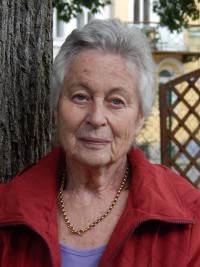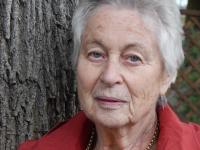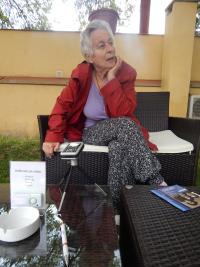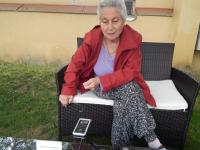To avoid illusions, we have to learn to see what is around us
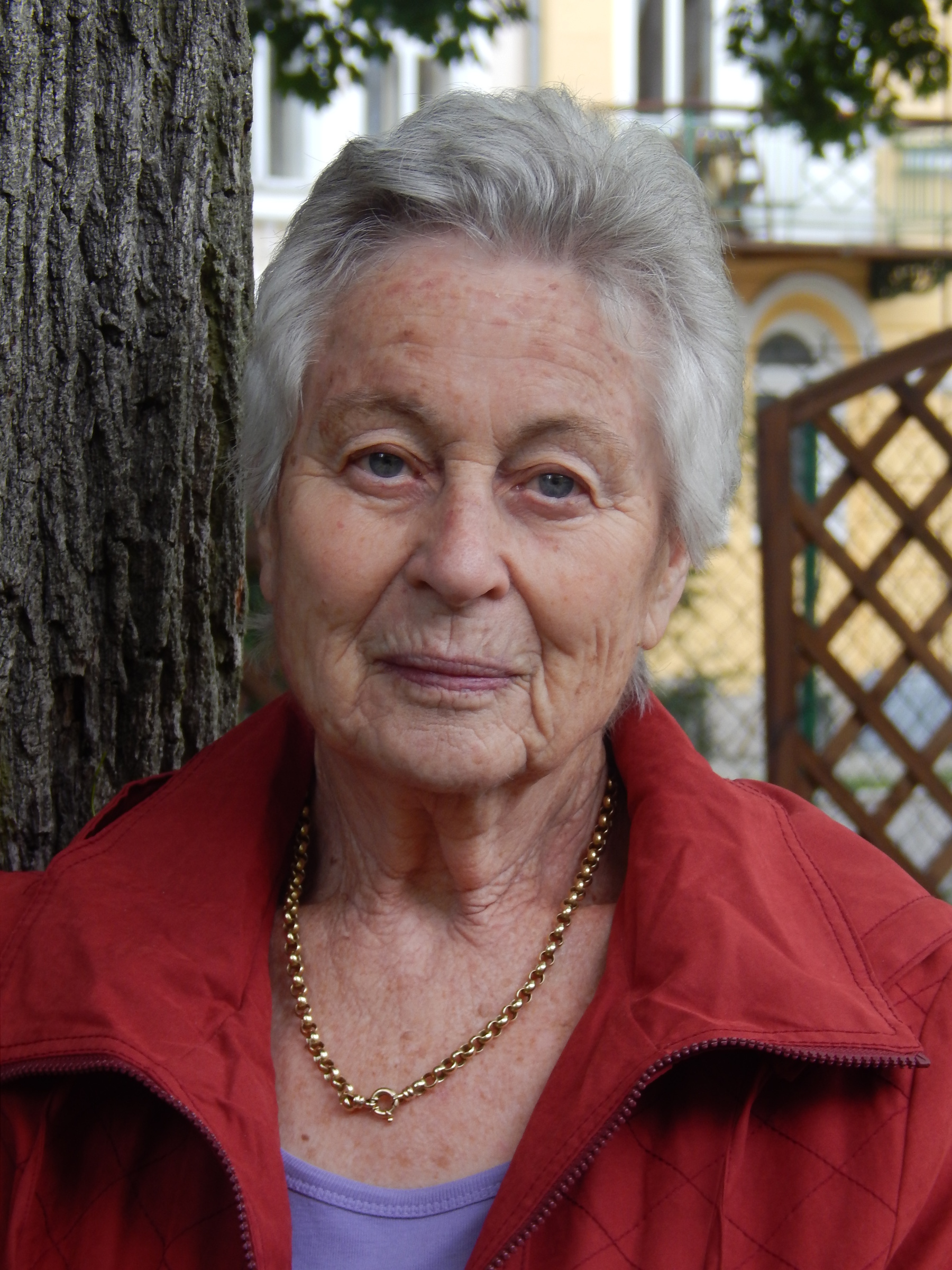
Download image
Hana Adlerová was born in 1934 into the family of a Jewish doctor in Ústí nad Labem. In autumn 1938 they fled inland. As a specialist, her father succeeded in obtaining asylum at a lung clinic in Norway. The whole family moved with him to fjord-region of Finnmark. When the German army arrived in northern Norway, the family managed to hide among the patients at the clinic. However, in October the Germans decided to turn the region into scorched earth for fear of a Russian offensive, and Hana’s family was thus evacuated inland with the other patients. They escaped the transport with the help of partisans and journeyed to Sweden. The situation there was more favourable to the Jewish family. The waited the war out in a refugee camp. In autumn 1945 Hana Adlerová and her family returned to Czechoslovakia. After the formation of a new totality in 1948, the family’s position started to crumble, and this all culminated in the voyage to a newly-forming Israel. Hana Adlerová studied veterinary medicine and worked as a vet all her life.
